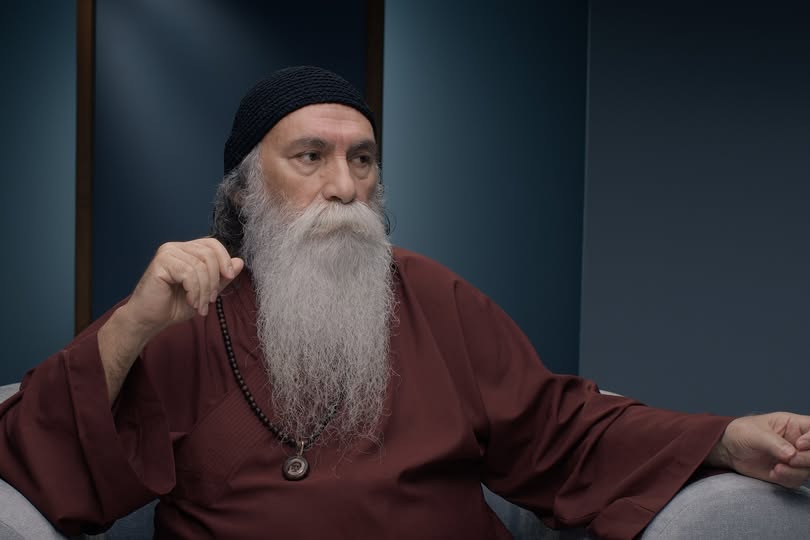“There are names that remain in the collective memory. When a life is taken by openly condemned ideologies, the media evokes that name, reconstructs their biography, and displays their face. Tributes are organized, public statements proliferate, and society transforms that loss into a shared symbol of mourning and denunciation. Such an act is rightly described as murder, a form of terror, or a crime against humanity.
However, there are other lives cut short that receive no mention. There are no headlines, no tributes, no names, no stories. When millions of innocent human beings are eliminated for less controversial reasons, by naturalized doctrines or socially tolerated practices, by accepted ideologies, the language used to describe their disappearance takes on an impersonal tone. Instead of names, statistics appear; instead of faces, figures are offered; instead of deaths, they are called “casualties” or simply “losses.” The discourse shifts toward the technical, the contextual, or the administrative. And death, stripped of its face, becomes distant, abstract, unrecognizable.
Human dignity, however, does not vary according to the narrative that surrounds it. Spilled blood does not change in value depending on the ideology that causes it to flow. A beating heart does not ask about the reasons that could silence it. A mother who cries does not distinguish between geopolitical causes. A lost child does not cease to be a person because he or she does not fit into accepted discursive frameworks.
True justice begins when we recognize that human suffering should not be classified according to ideological affinities. Compassion cannot be subject to discursive conditioning. Every life, without exception, deserves to be viewed with equal respect, protected with equal care, and mourned with equal intensity. Inequality in the recognition of others’ pain reveals a moral flaw in the way we value existence. Where death is met with silence, words must be spoken. Where injustice is disguised as neutrality, we must remember that there are no impersonal data: there are people. Concrete, unique human beings whose loss cannot be justified by any hegemonic narrative.
We must not accept a world in which the value of human life depends on the ideology that threatens it or the power structure that silences it. Only an awakened conscience—capable of feeling the pain of all with the same intensity—can consistently uphold the demand for justice. For there is no true ethics where compassion is selective, nor is there dignity where memory is partial.”
Prabhuji




